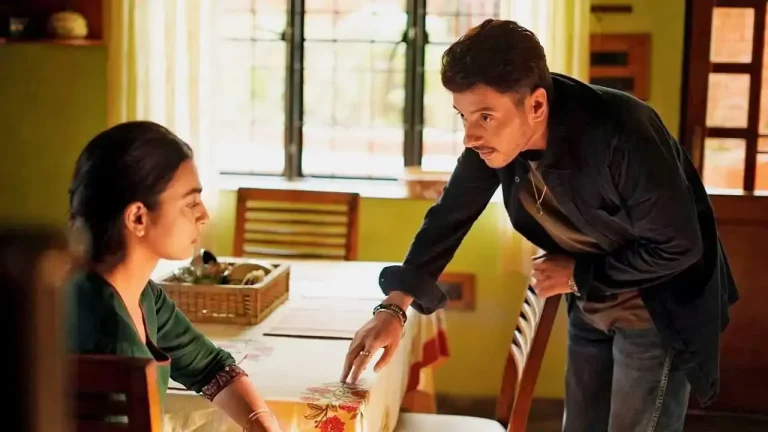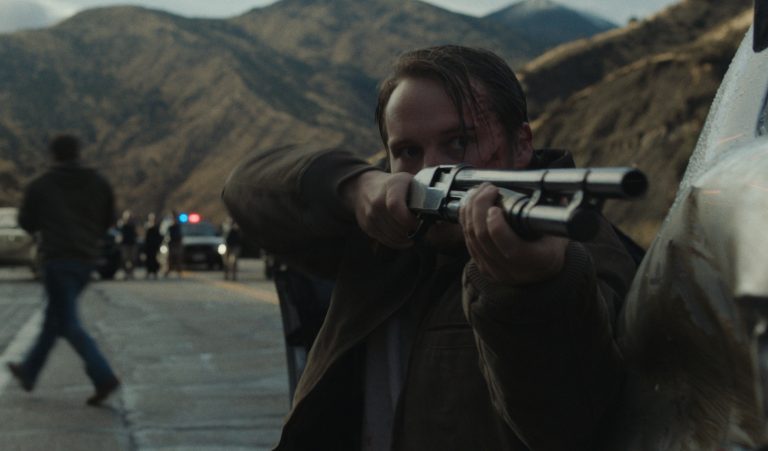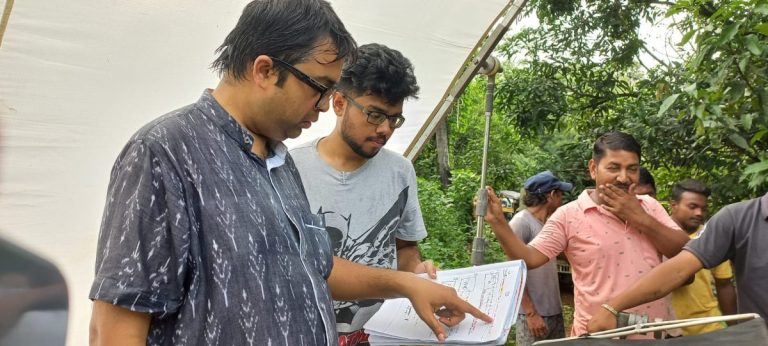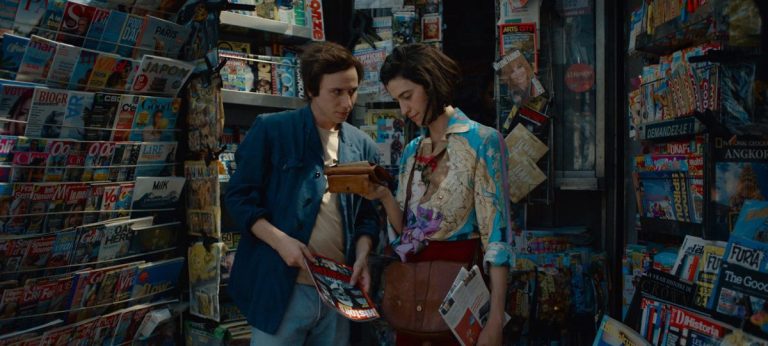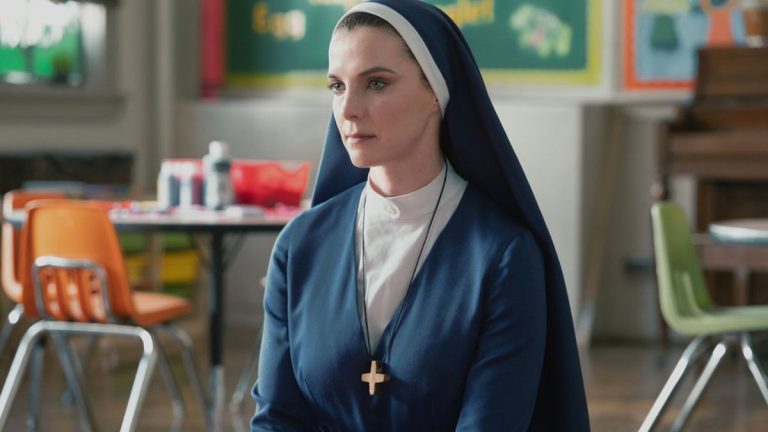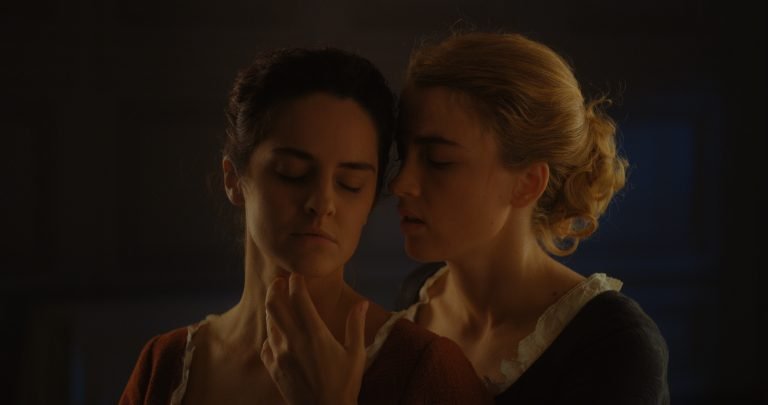Sanam Saeed is a Pakistani actor and former model best known for her performance as Kashaf Murtaza in Zindagi Gulzar Hai (2012 – 2013). She debuted in a romantic drama, Daam, in 2010, and since then, she has gone on to win the hearts of her audience through some breakthrough performances in Diyar-e-Dil (2015), Cake (2018) and Bachaana (2018). In this interview with HighonFilms, Sanam catches us up with her latest role of Scheherazade in Asim Abbasi’s upcoming TV series on Zee5 Global, Barzakh, on the 19th of July, and much more.
Ahendrila: Hello! It’s wonderful to be here and have a conversation with you. I am really glad to be here, and this is one of the opportunities I have looked forward to! Congratulations on Barzakh. We’ve all recently watched the trailer, and we can’t wait to watch the show as soon as it drops on Zee5 Global. I’m just very curiously asking you here—What made you decide to pick the role of Scheherazade, and why would you pick this role?
Sanam: Select this role…because I wanted to be a part of this project. I am a huge fan of Asim’s writing and directing style, and I enjoyed the script. It is predominantly male-dominant, so the one female character that I would’ve liked to play – even while reading the script – was Scheherazade. She is the force that unites the family and the people together.
She is the peacemaker, the bearer of sense, the bearer of truth, and she binds everyone together. I mean…she is so many things. She is the messenger; she is the vessel; she belongs to this world and that world, so there are so many layers to her. Yet she was someone who had to be played very… she is not very expressive. She doesn’t emote much, so I thought it was a challenge in terms of performance, and I really liked the value that she added to the story.
Ahendrila: That’s lovely! Also curious here – After the success of Zindagi Gulzar Hai, did you find yourself moving away from the role of a romantic heroine, or anything that remotely makes the industry pigeon-hole you as a romantic heroine, and now that, in Barzakh, there’s Mr. Fawad Khan as your co-star, do you think this is like a conscious choice, where that the audience will see the both of you in completely different roles and perceive you as different kind of actors in the process?
Sanam: I think it’s important that the viewers get to perceive us as different actors and not always see us paired up as a jodi because we are capable of so much more than just doing romance. So not a conscious effort. This just happened to have both of us in it. Although we are doing projects in which we are giving the fans what they want in terms of the dynamic. But no, I think it wasn’t a conscious decision. I think I get all kinds of roles and I get all kinds of work. I maybe had once consciously tried to find roles that were very different from Kashaf to break that stigma or to break that, not stigma, but to break that persona that carried on with me through all my other characters. But that was 10 years ago. I’ve moved far beyond that now.
Ahendrila: Right. So in your experience, are most South Asian female protagonist characters stereotypes of the kind of women that you see around yourself? And, more importantly, is there a particular work in South Asian films in the recent past where you think the female protagonist kind of broke away from all the cultural stereotypes placed on them and did something completely new?
Sanam: There are so many questions in that (laughs). One second. The first one is, do I think that the Pakistani dramas create female characters around the women around me? Yes and no. I used to …because I make up a very small percentage of the population. You know, English speaking or slightly more exposed. So I’m just a drop in the ocean, a 000.1% of the population would think the way I do.
But through work, I learned to understand that when I would do a character, a story, I’d be like, who does this? But who goes through this? But who accepts this? But who takes this? But who, you know, but there are, there are all kinds of people and all kinds of women have different struggles. And my job as an actor, a performer and a human being is to empathize with those characters, to try and find their truth, to try and find a solution for them. So I have played characters, and I do see work where a lot of women that I do know, I don’t know, but I’ve heard of are all represented in the television projects.
Characters that are broken away from stereotypes, I think Asim’s, Asim Abbasi’s Chudails did that. You know, there are women like that, and there are stories. And there is a woman in women that wants to come out and express herself like that but is unable to due to X, Y, Z reasons. So Chudails was definitely one of them. Kashaf wasn’t someone who broke stereotypes, but she was just someone who gave other women strength to do what they always knew they wanted to do and should do. They just needed a little nudge and motivation, and I think that’s why television and these roles are so important.
It just gives them a sense of support and a role model to look up to and be like, “maine wahin karna tha, aur maine wahin socha tha aur main yeh kar sakti hoon” (trans. I wanted to do this, I thought of doing this, and I can do this) Because Kashaf did everything with a lot of dignity. And, you know, within the realm of her society, she was able to move forward. She didn’t do any outrageous things to break through. She just took a stand.
Ahendrila: Quickly moving to, maybe, a few little lighter questions here. After being a part of the film and television industry for so many years now, how do you think you cope with your failures…and your successes?
Sanam: Well, I have learned to grow thicker skin. I already had thick skin, but it just gets thicker because you’ve put yourself out there for people to have an opinion on you, judge you, like you, hate you, and say it wasn’t good enough. And I think it’s always important to remember that you can’t put your happiness and your successes and failures in someone else’s hands. They have to be your own struggles, battles, fears. So, I’ve definitely learned that being in this industry for so long and that you can’t please everyone. It is always really important to be true to yourself, please yourself, and come to work showing up with integrity, with honesty, with kindness and respect.
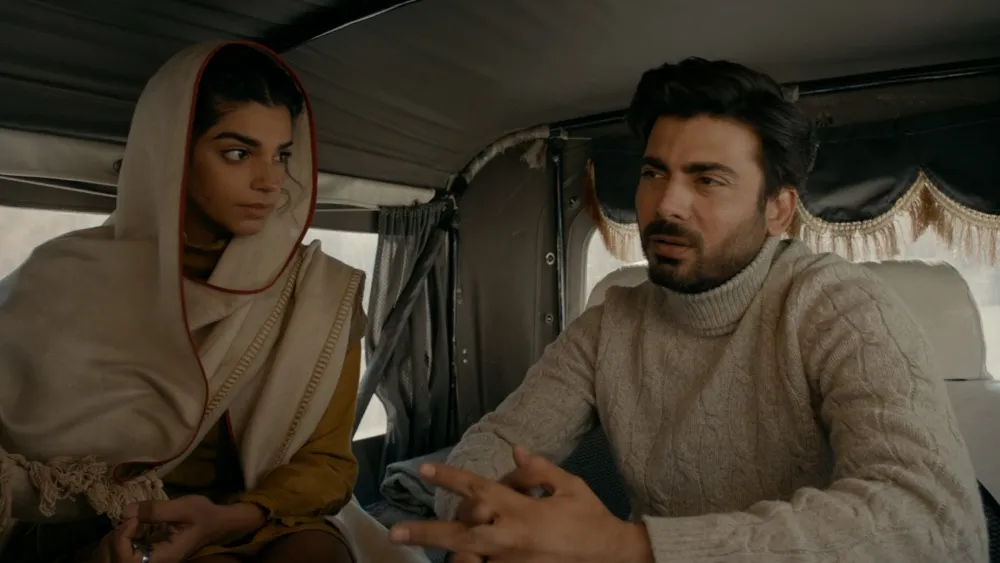
Ahendrila: Right. Just the penultimate question here, which would be, how do you think you have had to modify your craft as an actor? Because in the last few years with OTT coming in, we’ve seen that there has been a change in the way the audience perceives content that’s on the web or that’s in their theatres. Do you think you, as an actor, have had to modify your craft and how have you had to do it?
Sanam: Well, I think all of us, together with the scripts we’ve gotten and with the directors we’ve worked with, you act differently for television. It’s more of a close-up medium. You act differently for theatre. You’ve got to use your voice and your body language. You act differently in cinema because it’s how you integrate yourself into the scenery also because the frame is so big. And with OTT platforms, you’re suddenly thrown into a very different genre.
You’re doing taboo topics, you’re doing topics that otherwise you don’t get to do on film and television. So I feel there’s more of an abandon with which we act when acting on OTT platforms. We’re slightly more free, more expressive. And our performance, I’m sure, is different because we are testing ourselves and challenging ourselves and emoting different emotions that we haven’t been used to. So I think all of that…and then the writers and directors are also obviously our biggest support systems because, through their writing and direction, we are navigating through each medium.
Ahendrila: We at High On Films would love it if you could recommend five works that would act as a starter pack for anybody interested in delving deeper into Pakistani films and the television industry.
Sanam: Oh God. Kamli, a film by Sarmad Khoosat. Kamli was a film I really enjoyed. Cake. A television thing that came out recently, which we really enjoyed was called Kabuli Pulao. That is something. Only five? Kabuli Pulao, Kamli, Cake – they all seem to be with girls. Razia…Razia was a really interesting short, like a six-episode mini-series that was really interesting. Gosh. Dastaan, Durr-e-Shehwar, Zindagi Gulzar Hai, Raqeeb Se, anything by B. Gul. No doubt. B. Gul, she’s a writer, and all her works are amazing. She’s a brilliant writer. So look for her.




